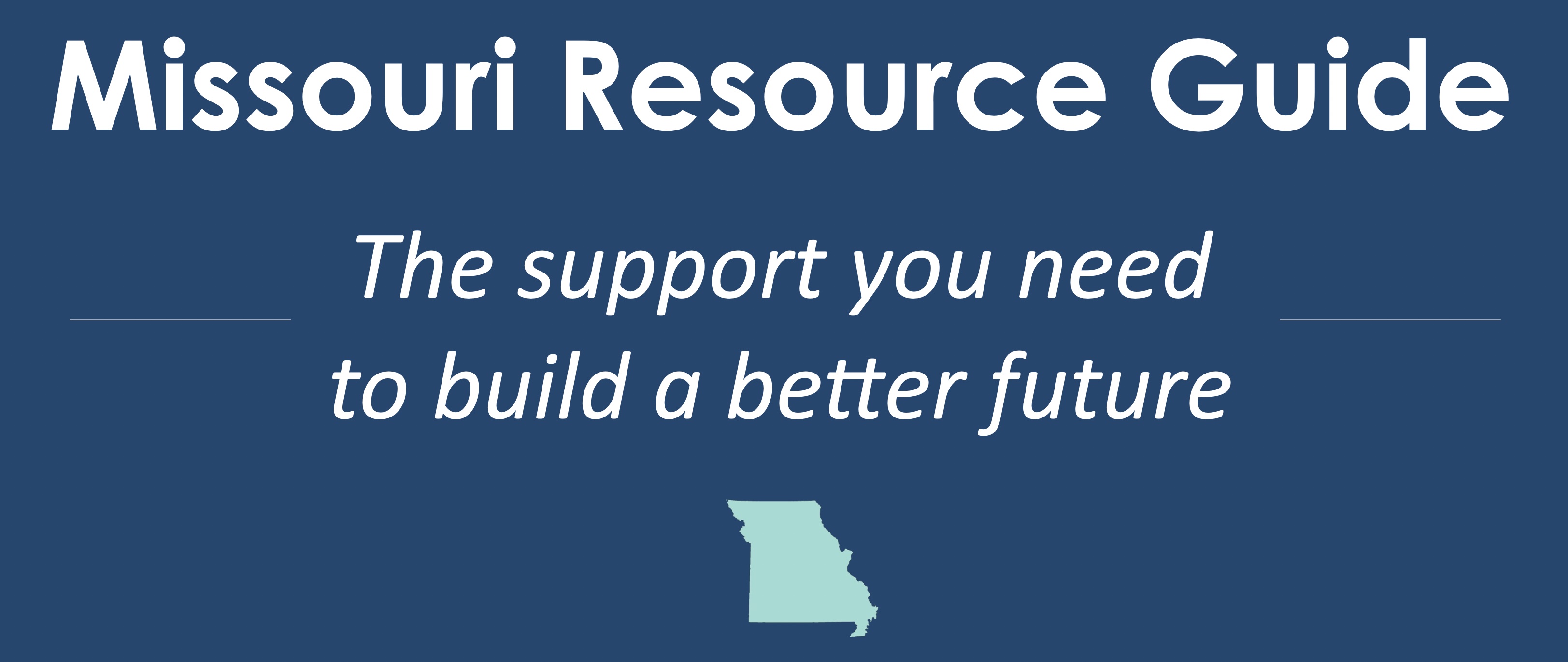Student Health Resources


Are you or someone you know in need? There are many resources available in Missouri to help you and your family move towards a healthier, more stable future. This guide will focus on helpful resources that support three major steps as you work towards a better future:
- Step 1: Meeting your basic needs
- Step 2: Getting the support you need
- Step 3: Preparing for your career
Resources for Common Health Issues
GARDASIL 9 helps protect individuals ages 9 to 45 against the following diseases caused by nine types of HPV: cervical, vaginal, and vulvar cancers in females, anal cancer, certain head and neck cancers, such as throat and back of mouth cancers and genital warts in both males and females.
The flu (influenza) is a viral respiratory illness that causes fever, chills, runny nose, body aches, and cough. It spreads easily from person to person. The flu can cause moderate to severe symptoms.
MRSA stands for methicillin-resistant Staphylococcus aureus. MRSA is a "staph" germ (bacteria) that does not get better with the type of antibiotics that usually cure staph infections.
High blood pressure (also called hypertension) is a serious illness that affects nearly 65 million adults in the United States. High blood pressure is often called a "silent killer" because many people have it but don't know it. Over time, people who do not get treated for high blood pressure can get very sick or even die.
Diabetes is a disease in which your blood glucose, or blood sugar, levels are too high. Glucose comes from the foods you eat. Insulin is a hormone that helps the glucose get into your cells to give them energy. With type 1 diabetes, your body does not make insulin. With type 2 diabetes, the more common type, your body does not make or use insulin well. Without enough insulin, the glucose stays in your blood.
It’s important to know about birth control so you can protect against unplanned pregnancy and sexually transmitted diseases (STDs).
An allergy is a reaction by your immune system to something that does not bother most other people. People who have allergies often are sensitive to more than one thing. Substances that often cause reactions are:
Depression is feeling sad, blue, unhappy, or down in the dumps. Most people feel this way once in a while. Major depression is a mood disorder. It occurs when feelings of sadness, loss, anger, or frustration get in the way of your life over a long period. It also changes how your body works.
Resources for Tobacco Use
Lincoln University offers free Nicotine Replacement Therapy (NRT) and cessation counseling through Student Health Services to help students, faculty, and staff quit tobacco. Additional resources, including online programs like Tobacco Free U and My Last Dip, provide support for managing cravings and quitting tobacco.
Common questions about LU's tobacco-free policy are answered.
Lactation Resources
Contact Us
822 Lee Drive
Jefferson City, MO 6510
E: StudentHealth@LincolnU.edu
P: 573-814-1170
In the event of an emergency, students may contact the Lincoln University Police Department at 573-681-5555 or visit an emergency room or urgent care center.

